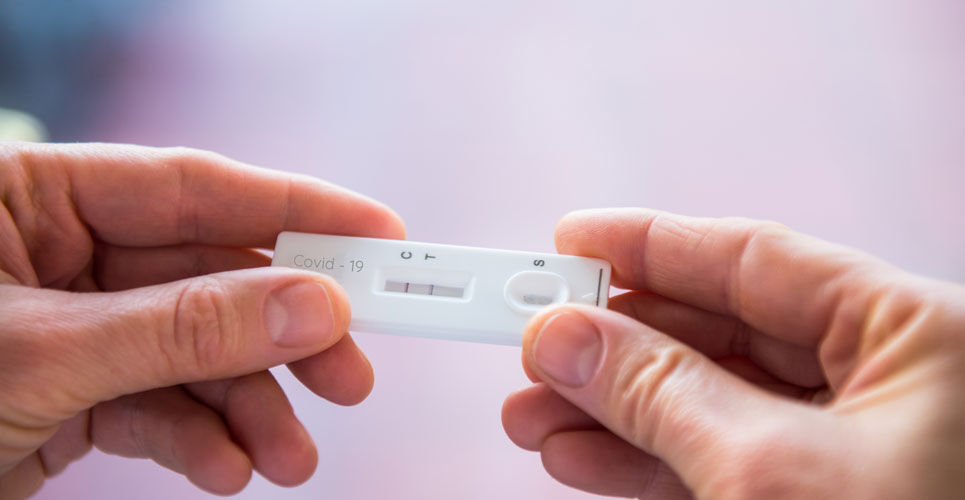A review suggests that the mean incubation time has reduced for emerging COVID-19 variants and which might impact on the period of isolation
The overall incubation time (IT) for COVID-19 has reduced over time with the emergence of variants according to the findings of a systematic review and meta-analysis by a team from Beijing, China.
The incubation time is the duration before symptoms of a viral infection first appear and this metric helps with the differential diagnosis, especially when patients present with largely non-specific acute respiratory viral infection symptoms, because different viral infections have longer or shorter ITs. For example, the European Centre for Disease Prevention and Control says that for disease outbreaks, the mean incubation period of Ebola virus disease has been estimated at 6.3 days but this period can be as short as 2 days or as long as 21 days. In contrast, the IT for respiratory syncytial virus is short at about 3 to 5 days. Knowledge of the IT can often provide important information during an disease outbreak, for example, when infected individuals will be symptomatic and most likely to spread the disease. Some data suggests that the average serial interval – the time from illness onset in a primary case (infector) to illness onset in a secondary case (infectee) for COVID-19 – is close to or shorter than its median incubation period. In other words, there is likely to be a substantial proportion of secondary transmission prior to illness onset.
For the present study, the Chinese team wanted to obtain an estimate of the incubation time for COVID-19 and with the emergence of several variants, whether this had any effect on the IT. A further consideration was if the incubation time varied in adults compared to older adults or children and if the severity of infection had any impact.
The researchers searched through the major databases and included studies where the IT was one of the primary outcomes and which they set as the outcome of interest for their study. They defined the IT as the time from when the infection occurred to the onset of signs and symptoms or the first positive test.
Incubation time and COVID-19 variants
A total of 142 articles with 8,112 patients were included in the analysis, roughly two thirds of which (65.5%), where conducted between January 2020 and March 2020.

The estimated mean incubation time for COVID-19 was 6.57 days (95% CI 6.26 – 6.88 days) although in studies, this ranged from 1.80 to 18.87 days. In 119 studies that examined the original or wild strain of the virus, the mean IT was broadly similar (6.65 days).
However, when considering the different variants, it seemed that the mean IT time was reducing. For example, for the Alpha variant, the mean IT was 5 days (95% CI 4.94 – 5.06), 4.5 days for Beta, 4.41 days for Delta but only 3.42 days for the Omicron variant.
In subgroup analysis, the mean IT was 7.43 days in adults 60 years of age but this was not significantly different to the overall estimated mean. However, the mean IT in those under 18 years of age was 8.82 days and this was significantly different to the overall mean estimate (p < 0.001). There was no significant of disease severity on the mean IT.
The authors concluded that the incubation time of the COVID-19 variants appears to have become shorter over time although these differences were not significant but were a key factor in determining the isolation period.
Citation
Wu Y et al. Incubation Period of COVID-19 Caused by Unique SARS-CoV-2 Strains: A Systematic Review and Meta-analysis JAMA Netw Open 2022

